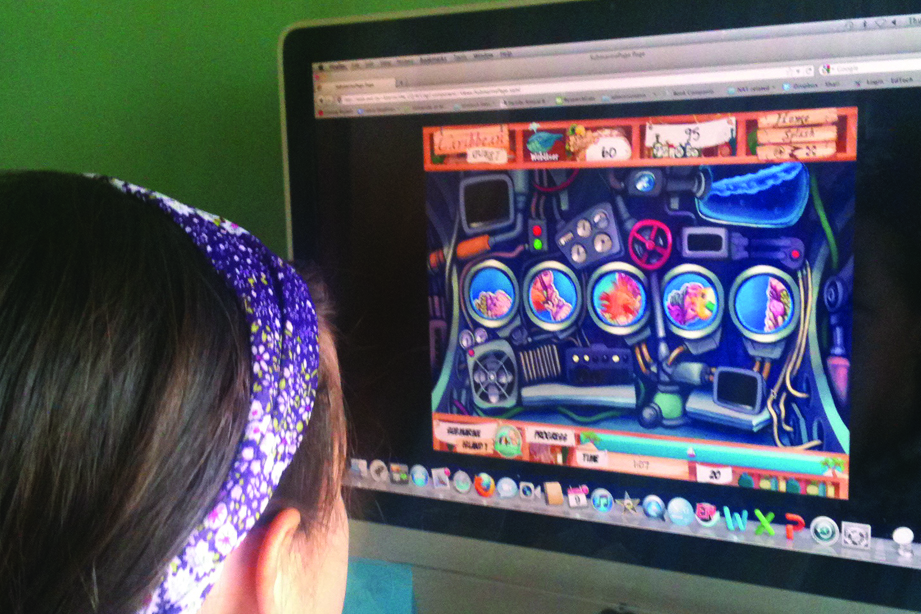Dino Island/Caribbean Quest Game for ASD & FASD
Project Category: Projects – Cycle II
July 21, 2020

Challenge
Deficits in the ability to attend and self-regulate are hallmarks of many neurodisabilities, and significantly impact many children’s capacities to learn and succeed. Very few practical, affordable, and accessible interventions exist to treat these difficulties in children.
Project Summary
Attention and Executive Functions (EF) are vital for every aspect of life, including school/work success, making/keeping friends, mental/physical health, and quality of life. Attention and EF problems are pervasive in children with neurodisabilities. Failure to remediate them leads to life-long problems with significant impact and cost for individuals, families, communities, and society. Dino Island is based on a validated neuroscience approach to treatment. It uses hierarchical and repetitive exercises tailored to the child’s abilities to improve brain structure, function and associated behaviours. Problems regulating emotions, actions, and thoughts are common in children with Attention and EF issues. Dino Island coaches encourage and scaffold the child when they experience frustration, and share in the joy when the child achieves a new level of mastery. Metacognitive strategies are core components of Dino Island facilitation. These components make the child aware of what they’re doing, what they can do differently, and promote self-monitoring and problem-solving.
Result
Dino Island has been trialled with preschool children and school-aged children with neurodisabilities, to allow for very early intervention. Both the health care and education systems can anticipate reduced costs as children less fettered by problems with attention, and EF will require fewer supports going forward. More importantly, Dino Island showed significant gains in attention, memory, self-regulation and behavioural control. It also showed increases in the use of problem-solving strategies and academic performance. Evidence also indicates that Dino Island can be effectively and affordably delivered in school and the home as well as local and remote community settings. Delivery is done by trained paraprofessionals (educational/community aids) and families (parents).
Funding
Partners – $250,001
Team
Sarah J. Macoun, University of Victoria
Kimberly A. Kerns, University of Victoria
Sylvain Moreno, Simon Fraser University
Woonam Kim, Emily Carr University of Art and Design
Partners
Sooke Schools 62
University of Victoria
Surrey Schools
ITEA3
Eureka!
Panacea
kids uncomplicated
University of Calgary
Emily Carr University of Design
Simon Fraser University
HealthTechConnect
Subsequent Cycle III Initiatives
Also see
Dino Island: The therapeutic game for children with neurodevelopmental disabilities